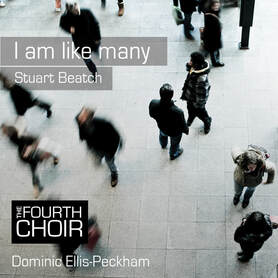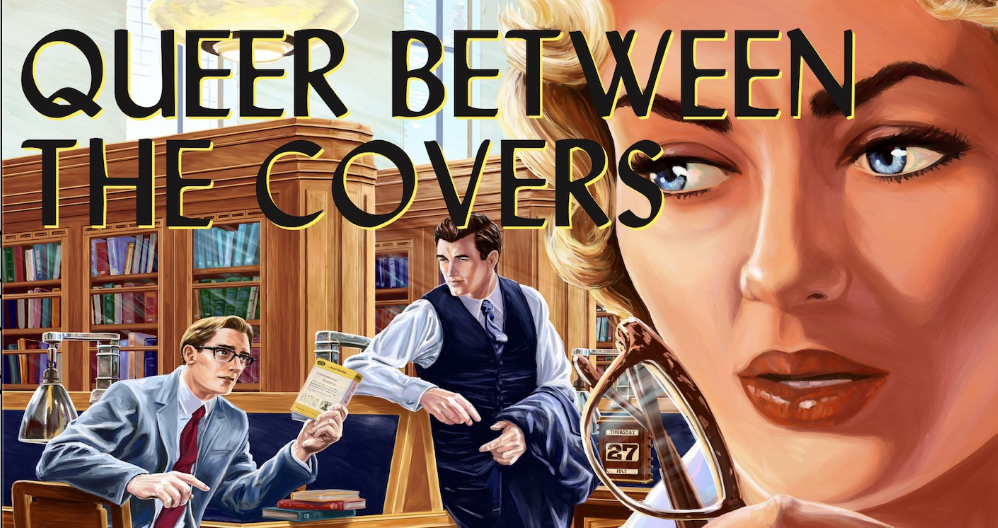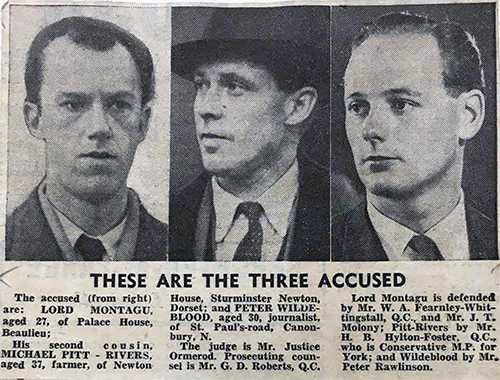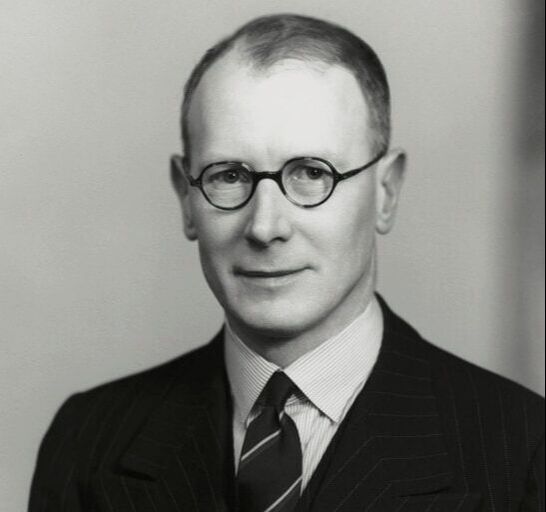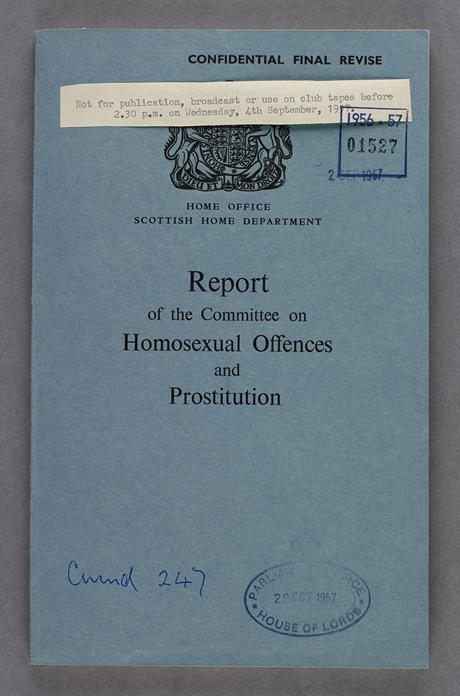I am like many
|
In 2018, the Senate House Library commissioned Canadian Stuart Beatch, the Fourth Choir’s resident composer, to write a choral piece as part of Queer Between the Covers, an exhibition which explored over 250 years of Queer Literature from the Library’s collection. The piece was premiered by The Fourth Choir in a concert at Senate House entitled 'Love is Love’ which was part of the exhibition season.
The exhibition examined the diverse ways in which literature has been central to culture’s understanding of 'queerness’. Over 50 historic publications were displayed showcasing works of politics, journalism, satire, autograph manuscripts, illustrated novels and pulp fiction book designs, as well as rare editions of works by authors such as Oscar Wilde, WH Auden and Virginia Woolf. For the text of ‘I am like many’, Beatch turned to two publications from the exhibition. Firstly, contemporary newspaper clippings reporting a debate in the UK Parliament in 1958 in which MPs debated whether to follow the recommendation of the Wolfenden Report that homosexuality should be decriminalised. Whilst many MPs suggested that such a move would be a threat to civilisation itself, one more sympathetic MP quoted a letter from a gay constituent who had been sent to prison, which finished with the words “I do not pretend that I am good. But I am like many”. Beatch contrasts the MPs quotations with extracts (shown in quotes below) from a second work from the exhibition, ‘Don Leon’, an anonymous poem published in the early 19th century which celebrates homosexual love and makes a plea for tolerance. Soloists The Debate: Kathleen Holman (Soprano) The Letter: Annabelle Southern (Mezzo-Soprano); Ché Ramsden, Annabelle Southern, Michaela Caunter (Trio); Alistair Semmence, Oliver Glynn (Tenors) Prelude ‘God, like the potter, when his clay is damp, Gives every man, in birth, a different stamp. Bear witness: man, whate’er his rank may be. Who now can say my caste from stain is free?’ In the House of Commons 26 November 1958. Parliament debates the Wolfenden Report today. The House is torn by the problem it faces; by the distinction between sin and crime; by the risk in the remedies it might propose. It is a foregone conclusion that the homosexual laws will not be reformed yet, but that reform must come eventually. The Debate Is such conduct injurious to society? ’Tis hard to say why erring mortals think This fount is pure, and that unfit to drink.’ Great nations have fallen and empires been destroyed because corruption became widespread. Is it a matter for the private conscience? ‘And tell us, casuists, were statutes meant To scourge the wicked or the innocent?’ These persons are a malignant canker; if allowed to grow it would eventually kill what is known as normal life. ‘That little spot, which constitutes our isle, Is not the world! Its censure or its smile Can never reason’s fabric overthrow.’ The Letter People have no idea of the life we live, the life of fear and dread. I want them to look upon this debate with kindness and sympathy, and think: There but for the grace of God go I. ‘Love, love it was, that made my eyes delight To have his person ever in my sight.’ I do not pretend that I am good but I am like many. |

